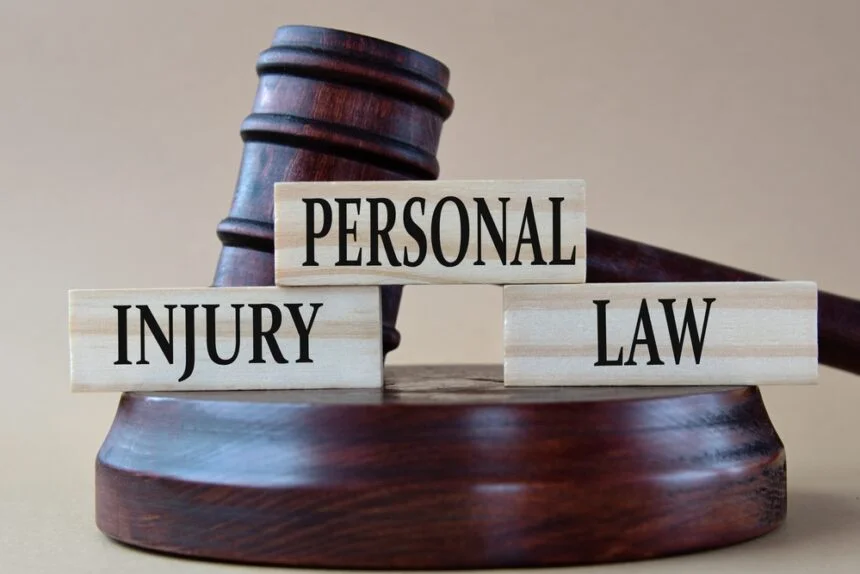What Every Employer and Employee Needs to Know About Employment Law

An employer cuts corners on workplace safety, and an employee gets injured. Elsewhere, someone is unfairly dismissed and struggles to find work, losing income while fighting for justice.
When employment laws aren’t followed, both sides suffer—businesses face costly lawsuits, and workers endure stress and unfair treatment. Employment law exists to create structure, fairness, and accountability in the workplace. Understanding how it works is key to avoiding disputes and staying protected.
Why Employment Laws Matter
“Workplace issues often begin not with bad intentions but with a lack of understanding. Many employers and employees don’t know what the law requires—and that’s where problems start,” says Raj Guha of Employee Civil Rights Group.
You may not think about employment law every day, but it plays a role in situations like the following:
- Getting paid: Laws ensure wages meet minimum standards and are paid on time.
- Taking breaks: Most labor codes guarantee rest and meal periods during work shifts.
- Working overtime: Employees are legally entitled to additional pay for extra hours.
Understanding these rules helps employers avoid lawsuits, fines, and reputational harm. It ensures that employees know their rights and how to advocate for themselves. Being informed helps ensure everyone in the workplace is protected.
Key Employment Laws
Here are some of the most important legal protections that apply in many workplaces across various regions:
Minimum Wage & Fair Pay
Employers must pay at least the applicable minimum wage, which is often reviewed and adjusted over time. In some areas, local ordinances may require even higher wages. Failing to meet these standards can result in wage claims or penalties.
Overtime Pay & Work Hours
Employees who work beyond the standard full-time hours are typically entitled to overtime pay. Depending on the hours worked and local laws, this may include time-and-a-half or double pay. These rules are often strictly enforced to protect workers from exploitation.
Workplace Safety
Labor laws often require employers to maintain a safe, hazard-free environment. This includes proper training, safety equipment, and transparent procedures. Ignoring these requirements can result in workplace injuries, legal liability, and regulatory penalties.
What to Do if There Is a Workplace Dispute
Even with transparent laws, disagreements can still occur. Knowing how to respond is critical—whether you’re an employee or an employer.
If You’re an Employee:
- Document everything: Save emails, messages, pay records, and written notices.
- Speak up: Raise concerns with your supervisor or HR department in writing.
- Know your rights: If issues go unresolved, consider filing a formal complaint or consulting a legal professional.
If You’re an Employer:
- Take concerns seriously: Listen carefully and keep detailed records.
- Investigate fairly: Review policies, hear all sides, and evaluate the facts.
- Stay compliant: Regularly review employment policies and consult legal resources to remain current.
Final Thoughts
Knowing your rights and responsibilities is essential whether you manage a team or work as part of one. Employment law is not just about compliance—it’s about creating a work environment that is safe, fair, and respectful.
Workplace challenges don’t have to escalate into conflict. By understanding the rules and acting responsibly, employers and employees can help build a culture where everyone is protected and valued.






